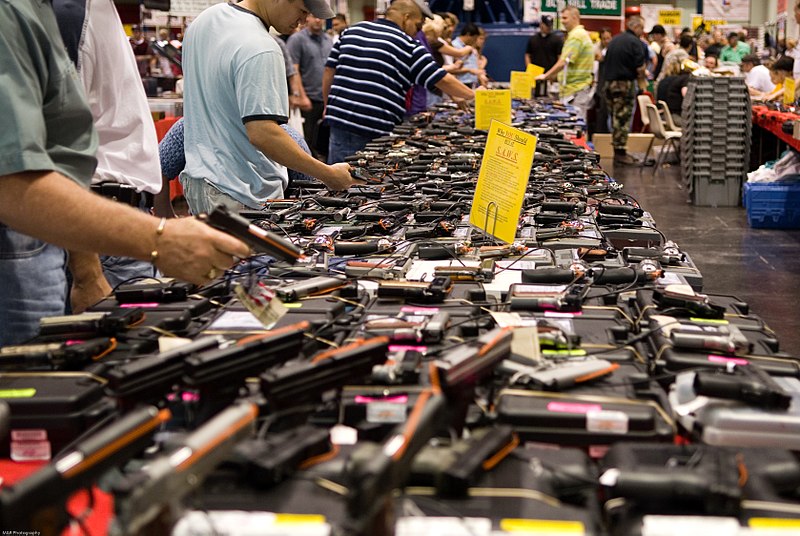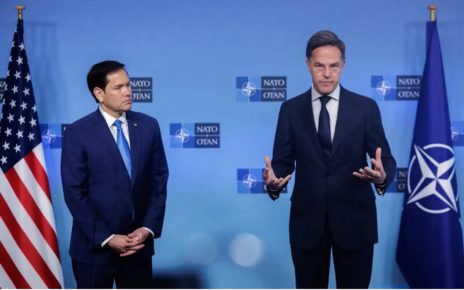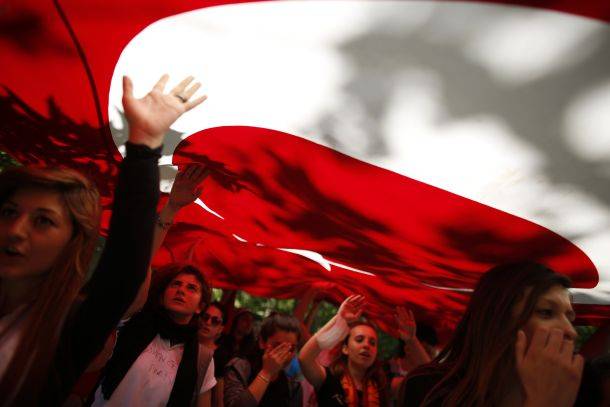
A recent survey conducted by the PEW Research Center indicates that a large percentage of Pakistanis are concerned about the security of their state. According to the survey, 64% of Pakistanis view the United States as an “enemy” of Pakistan, while many believe India represents a greater threat to the state than Al-Qaeda or the Taliban.
The survey suggests that Pakistanis are more alarmed with external security threats than internal ones, such as the ongoing sectarian violence in the country. Over the past few years, ethnic and religious-based conflict has intensified. Since 2008, 1700 people have been killed in incidents of sectarian violence across Pakistan.
Ethnic and religious extremism in Pakistan are becoming increasingly more commonplace. Minority Islamic sects in Pakistan, such as Shias and Ahmadis, are often targeted for failing to “correctly” interpret the Quran. Shockingly, the PEW survey reveals that only one in every two Sunni Muslims in Pakistan accepts Shias as Muslims.
The ethnic and sectarian fault lines in Pakistan call into question the country’s ability to flourish in today’s world. The country’s religious intolerance is not only perpetuated by its citizens, but is embedded in the foundation of the state itself. With the inclusion of blasphemy laws in Pakistan’s Criminal Code, the state has basically granted impunity to those 1700 deaths. While the introduction of the laws dates back to 1860, military ruler Zia-ul-Haq made numerous changes in the late 1970s and 1980s in an attempt to “islamicise” Pakistan. As a result, the laws essentially authorize the labeling of religious minorities as second-class citizens.
In addition to being overtly discriminatory, the Criminal Code broadly accepts accusations of blasphemy often with no proof at all; the allegation itself is enough. As such, there exists no concept of “innocent until proven guilty” when it comes to these laws.
As ideal as it would be for the government to repeal the blasphemy laws, the sad reality is that this is unlikely. There is visible reluctance from authorities to address the issue, which emerges partly out of fear and also because of pressure from influential religious parties. So, when it’s revealed that only 50% of Sunni Pakistanis consider Shias as Muslim, one cannot help but link the state to the perpetuation of such sentiments. The government should strive to ensure equal protection of human rights and civil liberties for all individuals. If both the people and the state continue to show indifference towards sectarian violence, Pakistan will eventually spiral into a civil war and will ultimately destroy itself.




